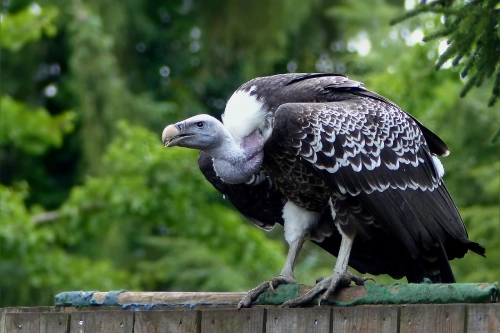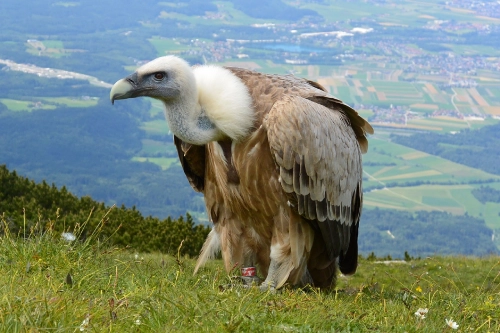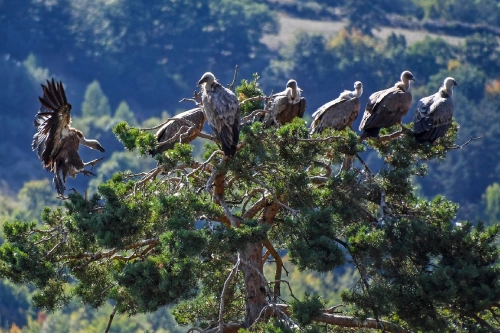- Home
- Vulture bird
Vulture Bird
Vulture birds are fascinating creatures that play a key role in our ecosystems. They have unique silhouettes and sharp senses, drawing the interest of bird lovers and nature enthusiasts. This article explores the details of identifying vulture birds, their habitats, interesting facts, stunning images, unique sounds, and vibrant colours. It aims to give readers a deep understanding of these remarkable birds.
Vulture birds are fascinating creatures that play a key role in our ecosystems. They have unique silhouettes and sharp senses, drawing the interest of bird lovers and nature enthusiasts. This article explores the details of identifying vulture birds, their habitats, interesting facts, stunning images, unique sounds, and vibrant colours. It aims to give readers a deep understanding of these remarkable birds.
Importance of Vultures in the Ecosystem
Vultures are key to the ecosystem because they clean up dead animals. They have a great sense of smell and can spot carcasses from far away. By eating these, vultures stop diseases from spreading and keep the environment healthy.
They are like nature's clean-up crew. They remove dead matter and stop harmful bacteria and pathogens. This helps the ecosystem stay balanced, letting life and death happen naturally.
- Carcass Removal - Vultures efficiently consume and dispose of dead animals, preventing the spread of disease and maintaining a healthy environment.
- Nutrient Cycling - Vultures play a critical role in the recycling of nutrients by breaking down and returning organic matter to the soil, supporting plant growth and overall ecosystem health.
- Scavenger Population Control - Vultures help to regulate the populations of other scavengers, such as foxes and coyotes, by competing for and consuming limited food resources.
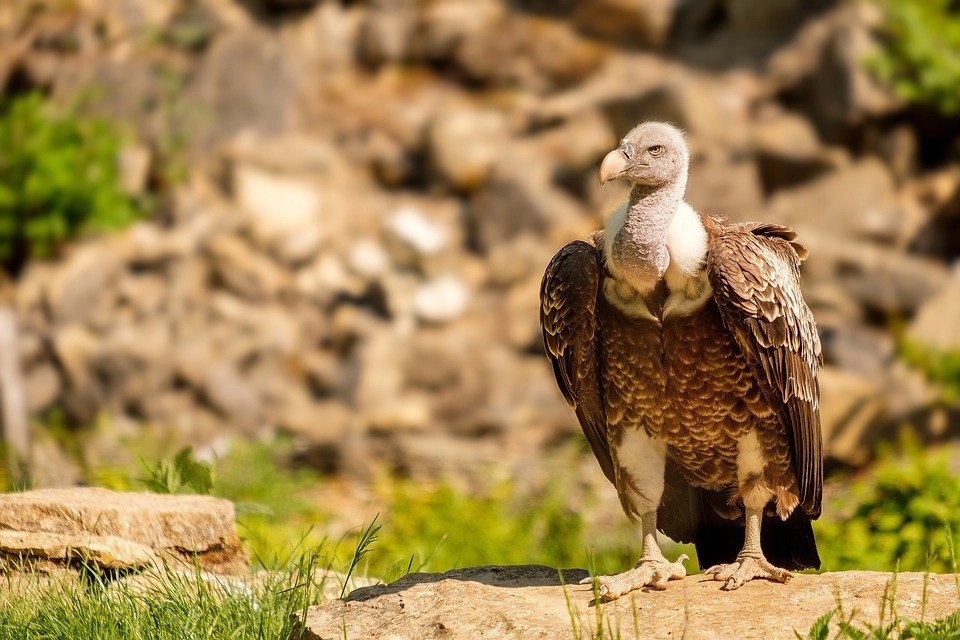
In conclusion, vulture birds are vital to the ecosystem. Their conservation is key to keeping natural habitats balanced and resilient. By understanding their role, we can protect these amazing birds and ensure they stay with us.
Vulture Bird Identification
Learning about vultures' physical traits and different species is crucial for identifying them. This part talks about the special features that make each vulture type unique. It helps readers know how to tell these fascinating scavengers apart.
Physical Characteristics
Vultures have distinct physical traits that make them stand out. They have big, broad wings and strong, hooked beaks. These features help them soar easily and tear through carrion.
Their bald or partially feathered heads and necks look unique. But they also serve a purpose. They make it easier for vultures to eat without getting their feathers dirty.
Vulture Bird Habitat and Range
Vulture birds live in many places around the world. They like different environments for scavenging and nesting. These birds can be seen flying over mountains and savannas, looking for food.
In Africa and Asia, vultures love the dry, rocky areas. The Rüppell's griffon vulture nests in the Sahara's cliffs. The bearded vulture lives in the Himalayas' high places, where it finds food left by other animals.
Vultures also have wide ranges across continents. The turkey vulture flies over North and South America. The cinereous vulture lives in Eastern Europe and Asia, in mountainous areas.
Knowing where vultures live is key to protecting them. Changes in their habitats can harm their numbers and the ecosystem. By learning about their habitats and ranges, we can help these important scavengers.
Vulture Species
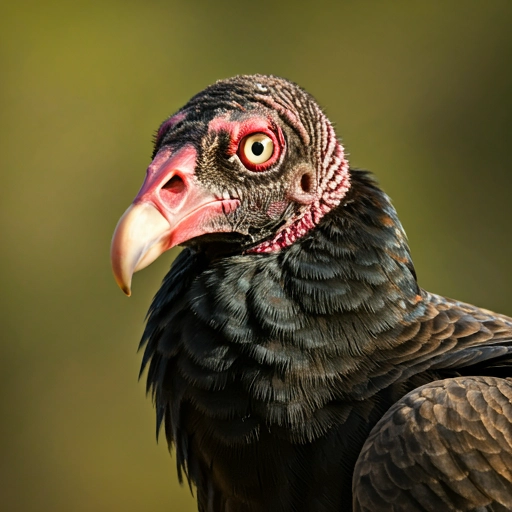
Turkey Vulture
North and South America
(Open areas, forests, grasslands)
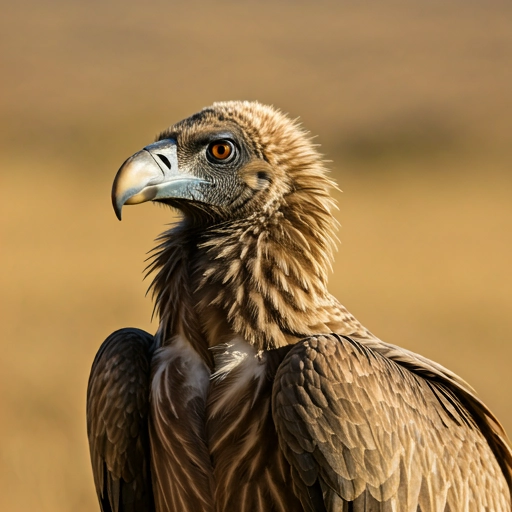
Cinereous Vulture
Eastern Europe, Asia
(Mountainous regions, forests)
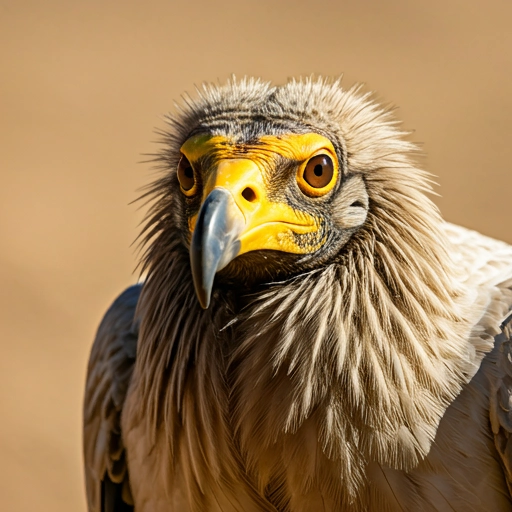
Egyptian Vulture
Africa, Europe, Asia
(Arid and semi-arid regions)
Fascinating Facts About Vulture Bird
This section explores the fascinating world of vultures. It covers their unique feeding habits and how they adapt to be scavengers. It also looks at their intriguing characteristics and behaviors.
Feeding Habits
This section explores the fascinating world of vultures. It covers their unique feeding habits and how they adapt to be scavengers. It also looks at their intriguing characteristics and behaviors.
These birds are important in the ecosystem. They clean up dead animals, stopping diseases from spreading. Their strong digestive system lets them eat even the toughest parts of a carcass, leaving almost no waste.
Unique Adaptations
Vultures have special features that help them be scavengers. Their bald heads and necks keep them clean from rotting carcasses. Their strong beaks and sharp talons make it easy for them to tear through tough hide and bone.
Another cool thing about vultures is how they control their body temperature. They can adjust their posture and spread their wings to absorb or release heat. This helps them save energy and live in different climates.
The fascinating facts about vultures' feeding habits and unique adaptations show their vital role in the ecosystem. They are remarkable scavengers.
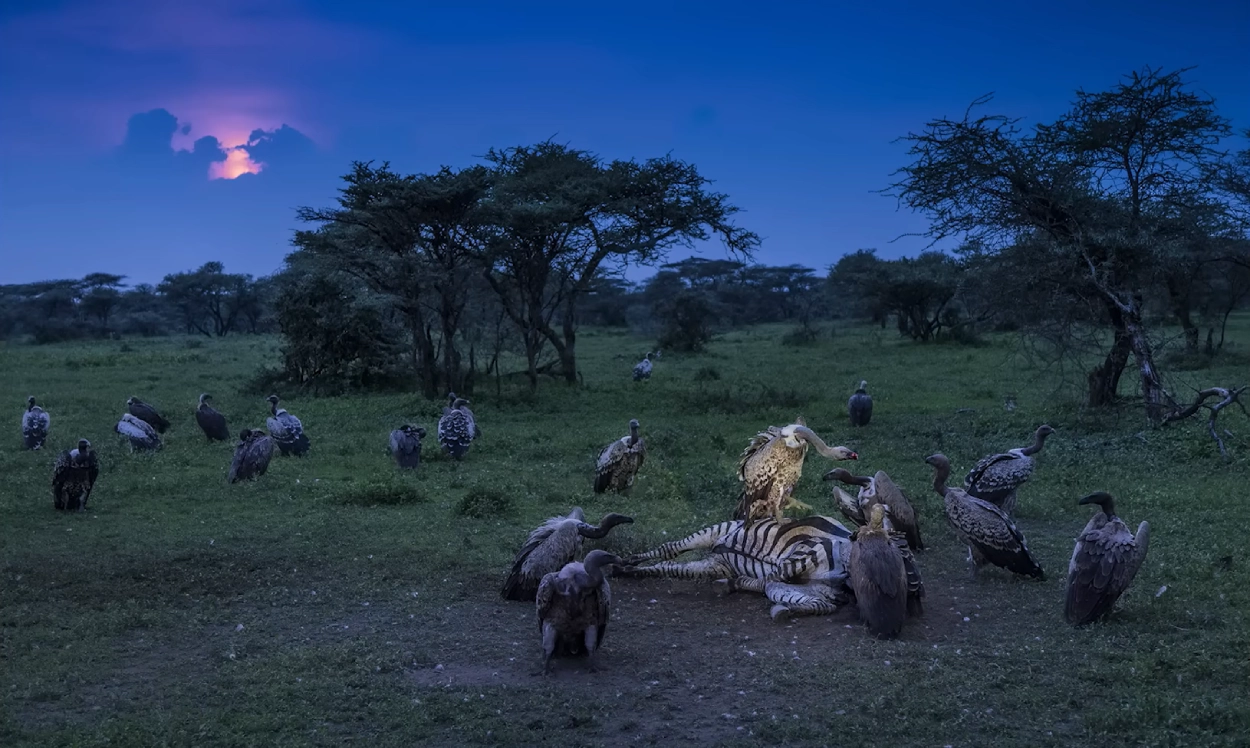
Conservation Efforts for Vulture Birds
Vulture populations are declining worldwide, making conservation efforts vital. Many organizations and government agencies are working hard. They aim to protect these important scavengers globally.
Threats to Vulture Populations
Vultures face many dangers, like habitat loss, poisoning, and human activities. Urban growth and farming have destroyed their homes. Toxic drugs and poisoned carcasses also harm them.
Illegal wildlife trade, electrocution, and wind turbine collisions add to the problem. These threats have led to the loss of several vulture species. Some are now critically endangered.

